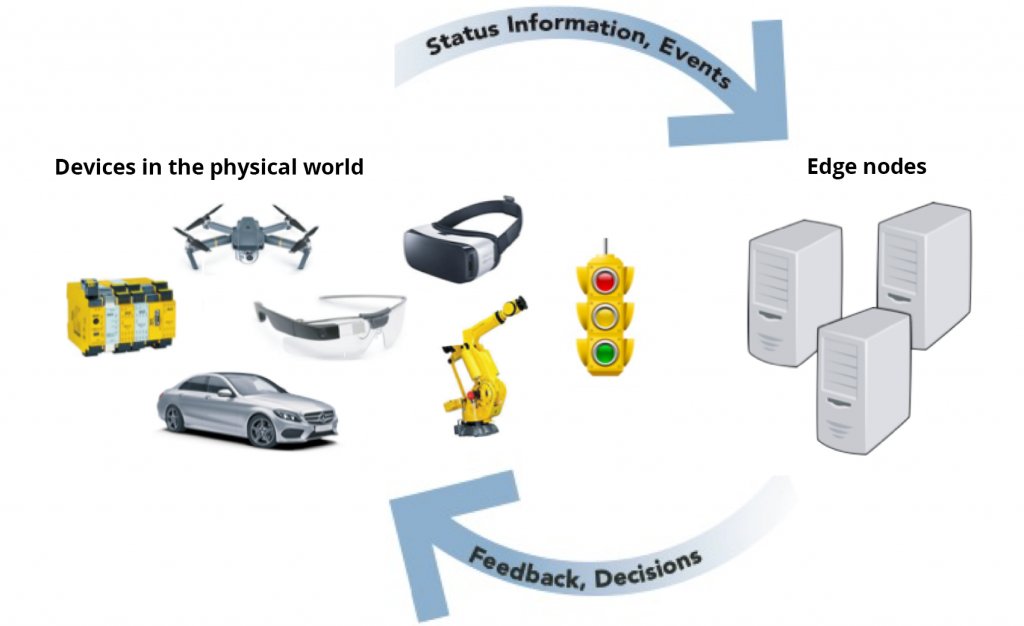Following the success of the first TEC Workshop at SEC 2021, James Gross coordinated a second Trustworthy Edge Computing Workshop at this year’s ACM/IEEE Symposium on Edge Computing in Seattle, USA (5-8 December).
- 5G & Beyond 5G Edge Networking (S. Roy, University of Washington)
- Optimal Sampling for Edge Computing Feedback Systems: Aperiodic Case (V. Moothedath, KTH Stockholm)
- ML-ACE: Machine Learning Admission Control at the Edge (J. Minor, ARM Research)
- Federated Learning Algorithms with Heterogeneous Data Distributions: An Empirical Evaluation (A. Mora, D. Fantini, P. Bellavista, University of Bologna)
- Bias Detection and Generalization in AI Algorithms on Edge for Autonomous Driving (D. Ketare, N. Kourtellis, S. Park, D. Perino, M. Janssen, A. Ding, Delft University + Telefonica)
- Energy-aware Edge Federated Learning for Enhanced Reliability and Sustainability (M. Mendula, P. Bellavista, University of Bologna)
“Surprisingly, of the 5 accepted papers, only one was from TECoSA. We need to consider how to boost our participation for this kind of event,” says James Gross, “otherwise there will be no TEC23.”
15 people participated (all in real life, since there was no hybrid option), with an excellent keynote on Edge Computing and 5G/6G Networking from Professor Sumit Roy, University of Washington. The workshop focused on Edge AI, considering the various aspects of machine learning and edge computing, with energy consumption and performance prediction being the dominant topics of the day.
The general takeaway from SEC 2022 was that interest in edge computing research continues, albeit with more focus on predictability, and on AI/ML at the edge. The Panel discussions addressed lessons learned from the first commercial edge offerings, and all present confirmed the general impression that commercialization is happening more slowly than anticipated. Commercialization of edge computing solutions becomes more and more important, and therefore research that supports these aspects is spot on – as we are doing in TECoSA.
